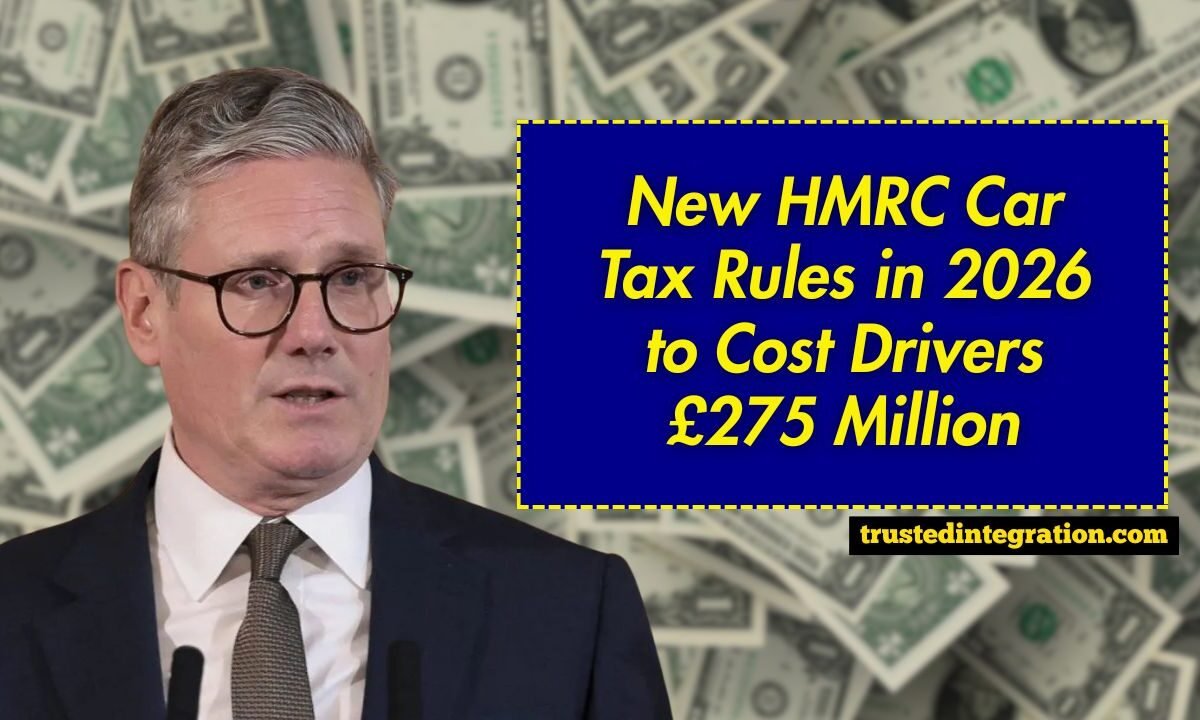In a bold fiscal move, the UK government is targeting the popular Employee Car Ownership Schemes (ECOS) with a new Benefit-in-Kind (BIK) tax rewrite set for 6 October 2026.
Early forecasts indicate this overhaul could generate £275 million in extra revenue in its first year, reshaping how employers and employees view vehicle provision.
What’s Changing and Why It Matters
ECOS, once a tax-efficient way for companies—especially in the automotive sector—to offer cars to staff, is now under the spotlight. Under ECOS, employees technically own the vehicle from day one, avoiding traditional BIK charges. But this cloak of convenience may soon disappear.
From 6 October 2026, HMRC will broaden BIK rules to encompass vehicles provided under ECOS if any of the following apply:
- Private-use restrictions are imposed
- The employee is not the registered keeper
- A set buy-back or onward sale arrangement exists
- Or if the Treasury designates the scheme as qualifying under new regulations
Projected Financial Impact
| Financial Year | Estimated Tax Revenue |
|---|---|
| 2026–27 | £275 million |
| 2027–28 | £220 million |
| 2028–29 | £195 million |
| 2029–30 | £175 million |
These figures, certified by the Office for Budget Responsibility, reflect the government’s fiscal roadmap as ECOS quietly disappears into the BIK framework.
Who’s Affected and How
- Approximately 76,000 individuals currently utilizing ECOS
- Spread across 1,900 businesses, mostly in automotive manufacturing and dealerships
- Employees may now be taxed as if using a traditional company car, potentially increasing their tax bills dramatically
Leaders in the motor industry warn these changes could harm recruitment, slow electric vehicle adoption, and disrupt vehicle markets.
For example, one company predicts tax revenue per worker could plummet from £32,500 to just £4,505, risking a £7 million annual revenue drop for large employers.
Why the Government Is Acting Now
The Autumn Budget 2024 flagged ECOS as a loophole—a tax dodge that unfairly favoured certain employees. By closing this gap, the government aims to:
- Ensure fairness and consistency in the tax system
- Reinforce emissions-based taxation to encourage low-emission vehicles
- Align ECOS with standard company car rules
What Employers Should Do Now
Employers still using ECOS should act quickly:
- Audit existing arrangements for private-use restrictions, registered keeper status, or buy-back terms
- Communicate transparently with staff about impending changes
- Explore alternatives, such as salary sacrifice EV schemes or traditional company car models
The 2026 ECOS overhaul signals the end of tax-preferred vehicle perks for many. The imposition of BIK charges represents a shift toward fairness—but also a significant cost to drivers and sectors reliant on such schemes.
With up to £275 million at stake in the first year, it’s crucial that employers and employees start planning now. Whether it’s restructuring benefits or transitioning to cleaner, low-BIK alternatives, action today will mitigate tax shocks tomorrow.
FAQs
Any ECOS arrangement with imposed private-use restrictions, non-employee registered keepers, or predetermined buy-back agreements will fall under BIK rules.

